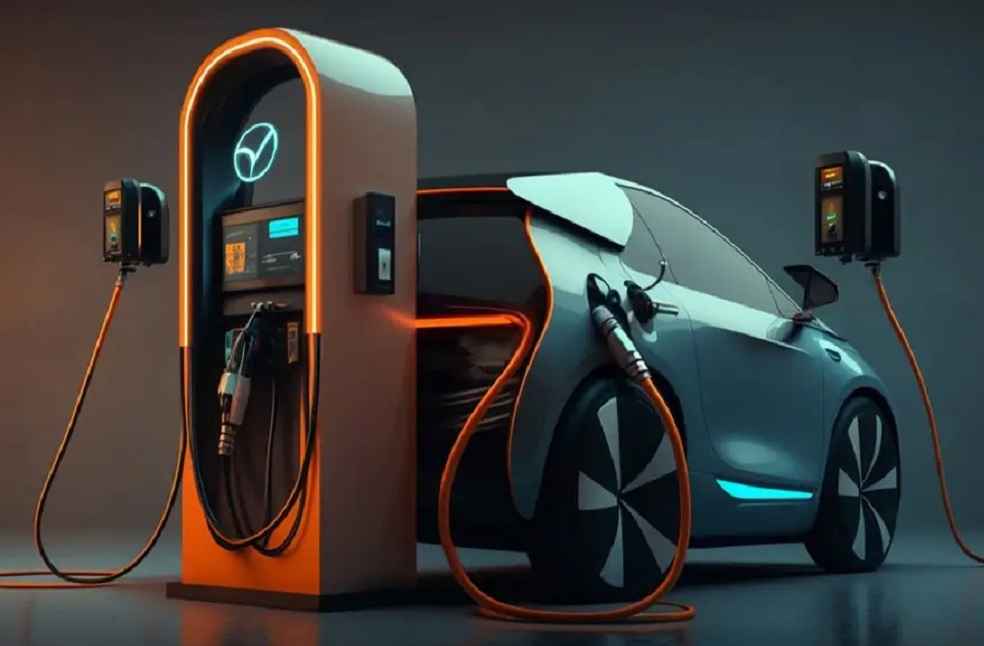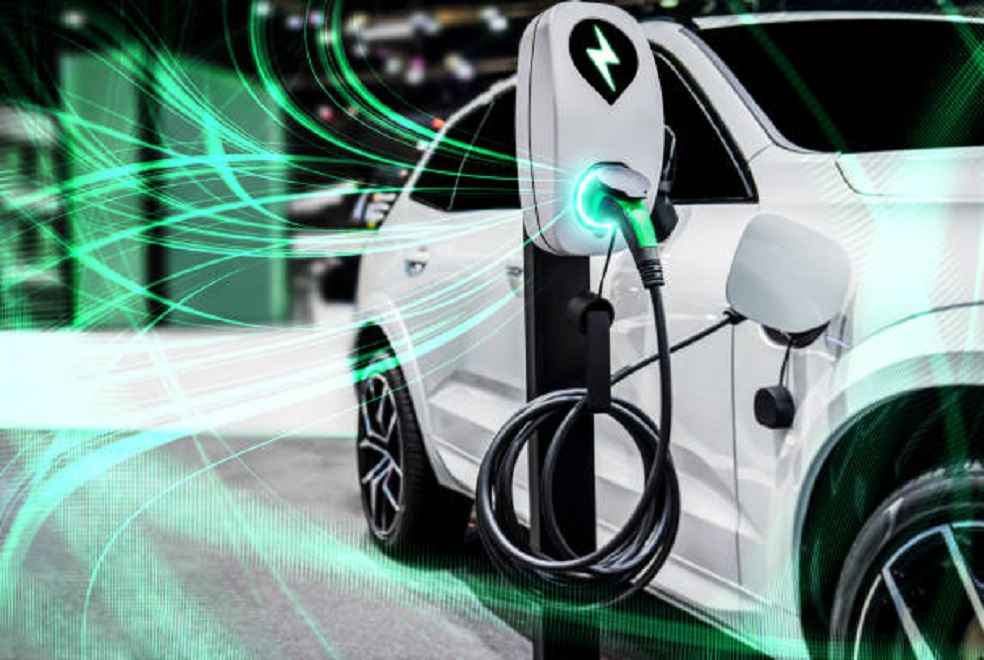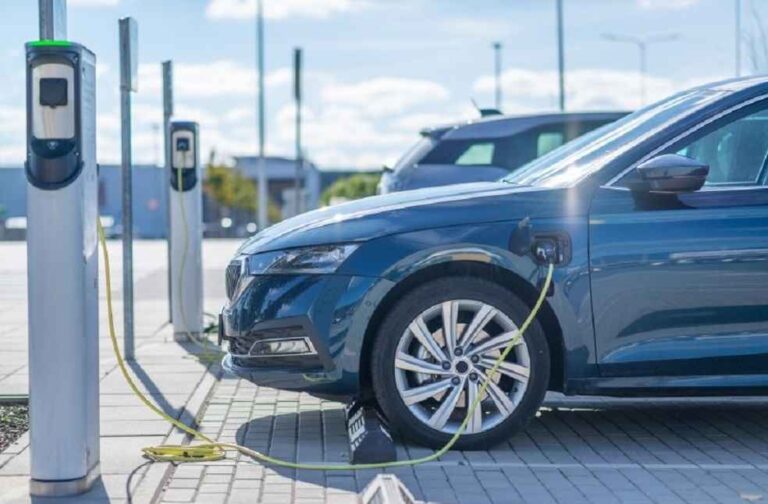Chinese electric vehicle steep prices in the European Union (EU) may be mitigated as both regions agree to negotiate planned import taxes. High-level talks between officials leads to resolve a conflict that risks sparking a trade war.
On Saturday, EU Trade Commissioner Valdis Dombrovskis and his Chinese counterpart Wang Wentao engaged in a candid, constructive call, according to an EU spokesperson. This conversation represents the first formal negotiation since the EU threatened China with electric vehicle (EV) tariffs of up to 38%. Both parties will continue discussions at all levels in the coming weeks, regarding ongoing tensions.
The EU has accused China of unfairly subsidizing its EV industry, creating a competitive imbalance. China counters with accusations of protectionism and trade rule violations. The EU spokesperson highlited that any resolution must address what the EU sees as ‘injurious subsidisation’ of Chinese EVs.

China’s Ministry of Commerce released a statement expressing strong disagreement with the EU’s stance. During his visit to Germany, Mr. Wang conveyed China’s firm opposition to the proposed tariffs in a meeting with German Vice-Chancellor and Federal Minister for Economic Affairs and Climate Action, Robert Habeck. The Ministry also reiterated its threat to file a lawsuit with the World Trade Organisation (WTO) to defend its interests.
Germany, a key player in the EU automotive industry, has been particularly vocal against the proposed tariffs. German Transport Minister Volker Wissing warned that the tariffs could trigger a trade war with Beijing and harm German firms. “The European Commission’s punitive tariffs hit German companies and their top products,” Wissing commented on X.

The broader European car industry shares these concerns. Stellantis, which owns brands such as Citroën, Peugeot, and Fiat, has expressed its opposition to measures that could fragment global trade. The proposed tariffs, ranging from 17.4% to 38.1% based on negotiations and brand, would be in addition to the current 10% tariff on Chinese-produced electric cars.
The EU’s move came after the aggressive stance by the United States, which recently increased its tariff on Chinese electric cars from 25% to 100%. This raises global hike in the trade dispute over electric vehicles and major implications for international markets and consumer prices.
BUSINESS GENERAL | New Business Council Boosts Dubai-Mexico Trade and Investment Ties



